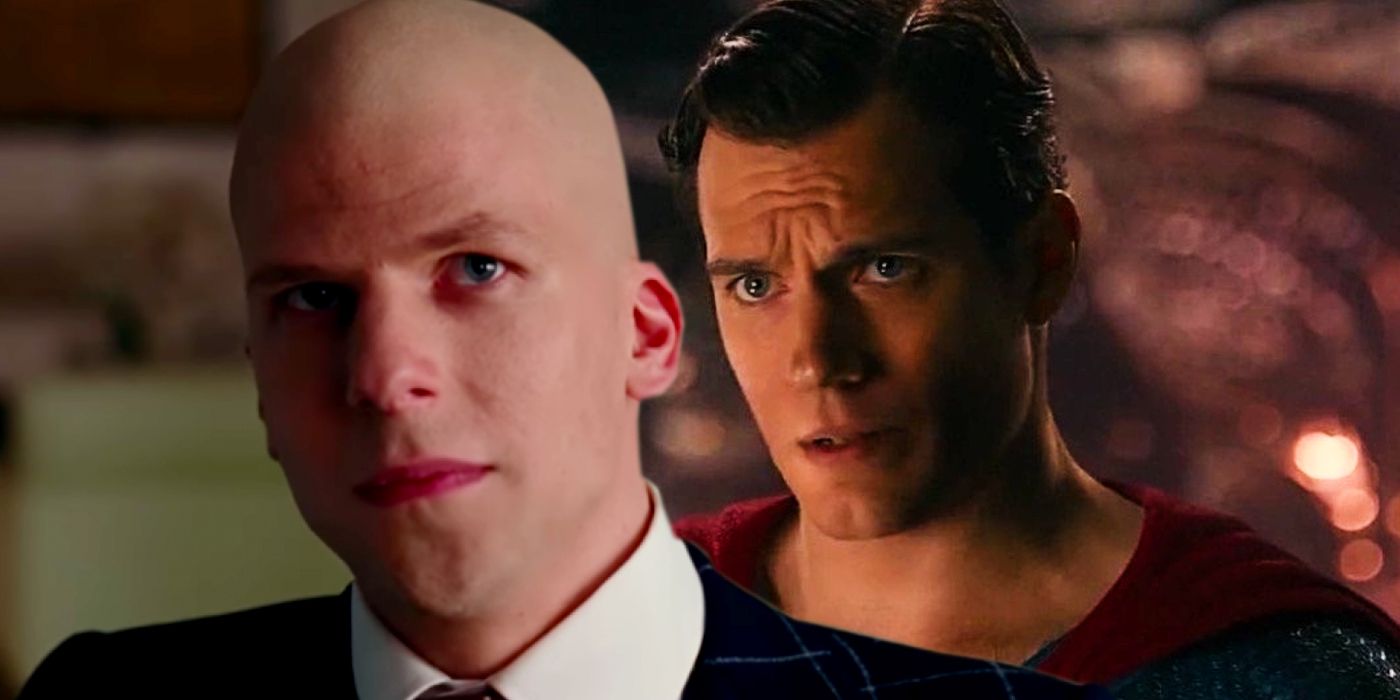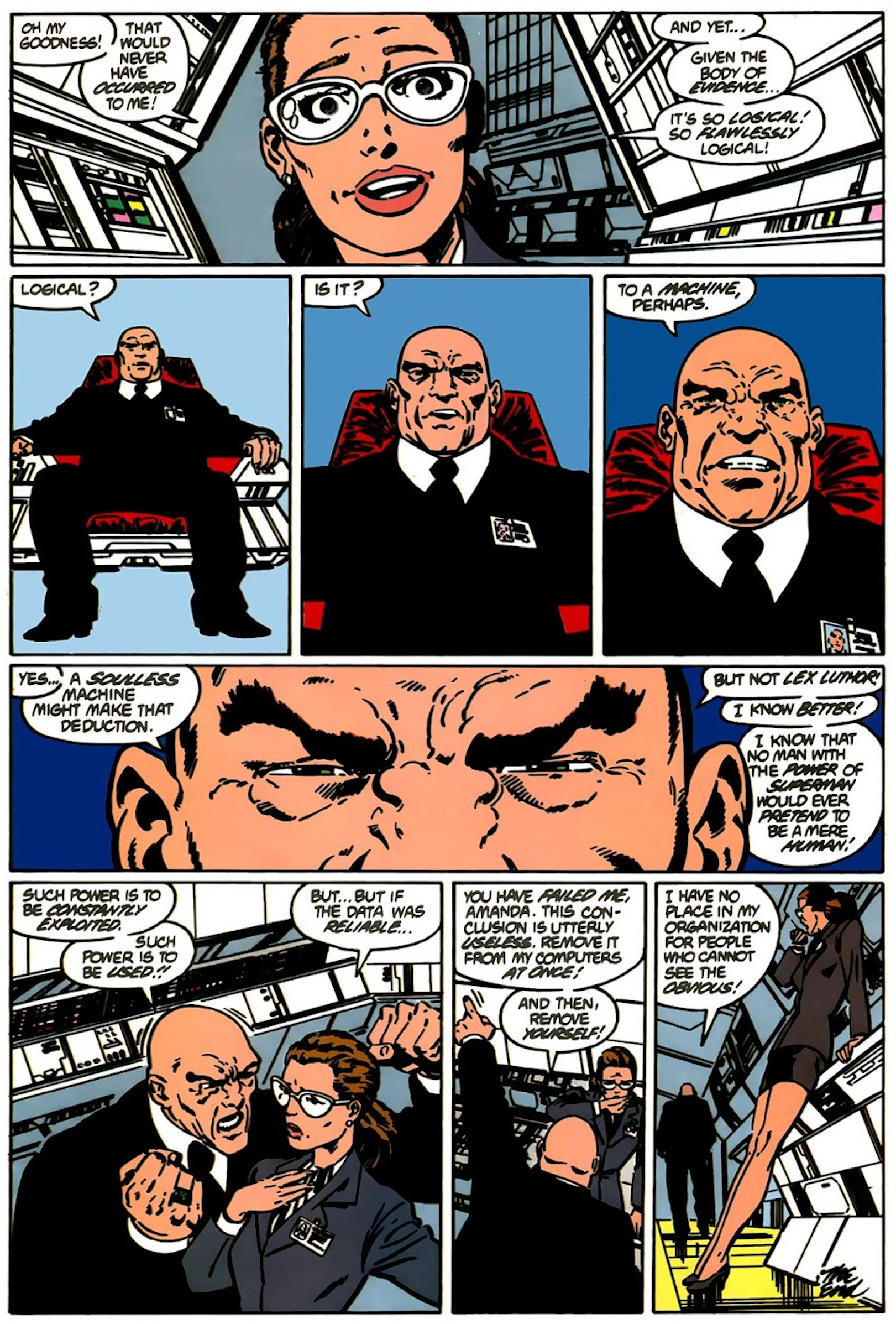The villain Lex Luthor absolutely knows that Clark Kent is secretly Superman - he just refuses to believe it. Superman's greatest enemy is one of the single smartest humans in the DC Universe; a shrewd, calculating businessman, he prides intellect and critical thinking over every other attribute (especially Superman's raw physical Kryptonian strength). But in the classic issue Superman #2 from 1987, written by John Byrne with art by Johny Byrne and Terry Austin, Luthor's skills of deduction fail in a specular manner - even when presented with a veritable mountain of evidence.
In the aftermath of 1985's landmark crossover event Crisis on Infinite Earths, the DC Universe underwent significant changes. Barry Allen, the Flash was dead, Superman was now the only survivor of Krypton, and Lex Luthor was no longer a mad scientist, but a wealthy and power-hungry businessman. He still loathed Superman, whom he saw as a threat (both to the Earth and to his own power), and sought every advantage against the Man of Steel. Thus Luthor decides to explore every possible connection between the Kryptonian and a mild-mannered Metropolis reporter named Clark Kent; perhaps attacking the man could draw out the Superman.
Luthor hires thugs to break into the Kent farm and collect photos, bank statements, and everything else they can find on Clark. One of Luthor's scientists, Amanda McCoy, feeds the data into a supercomputer, along with every known fact about Superman - eye and hair color, height and build, and vocal patterns. Luthor wants to know if Clark is Superman's friend or even a family member...but when the computer crunches the numbers and concludes that Clark is Superman, Luthor laughs in the face of the computer's "flawless logic."
"Yes...a soulless machine might make that deduction. But not Lex Luthor!" cries Luthor, superior as ever. "I know that no man with the power of Superman would ever pretend to be a mere human! Such power is to be constantly exploited. Such power is to be used!!" Luthor promptly fires McCoy, deriding her for failing to "see the obvious." This is a prime example of how intelligent people can be blinded by their own self-assurance and hubris - and an example of how Luthor views the nature of power. In his mind, no being with the might of Superman would ever wish to conceal that might to hide among ordinary humans. From this point on in comics, Luthor rarely bothers to search for Superman's secret identity - because, in Luthor's mind, Superman simply doesn't have one.
It's worth noting that this story was written in the late 80s during the rise of "yuppie" culture in America, when those who worked in business were entirely unafraid of flaunting their wealth and power (and their constant desire for more). Luthor fails to connect the dots because he believes everyone on Earth - including Superman - thinks exactly like him. In Lex Luthor's mind, secret identities are useless - they're a way to hide one's power (which he would never do), and thus Superman couldn't possibly be Clark Kent.


